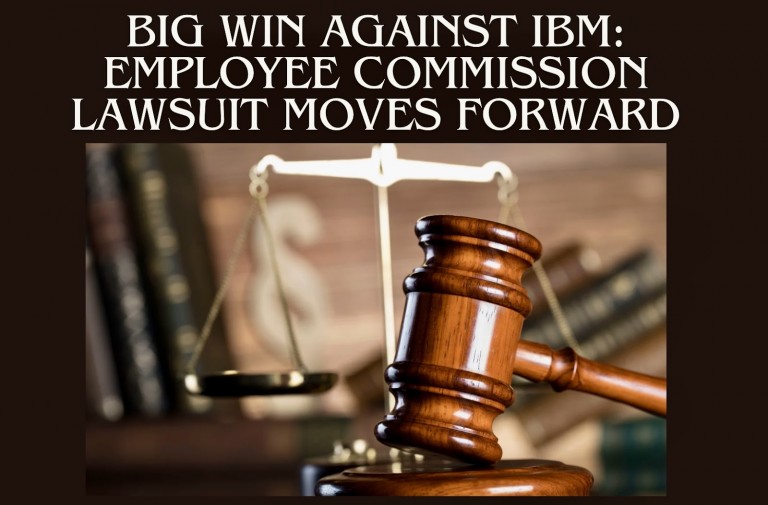We have blogged in the past on the importance of always considering pursuing a retaliation claim with claims for employment discrimination. In addition, when being subjected to employment discrimination, one should also seriously consider complaining about the discrimination in order to obtain the protection of laws prohibiting retaliation. The Maryland federal court recently decided a case that is illustrative of the importance of seeking the protection of retaliation laws. In Taylor v. Rite-Aid Corporation, the plaintiff asserted numerous claims against her employer including wrongful discharge under Maryland law, gender discrimination under Title VII, disability discrimination under the Americans with Disabilities Act, and retaliation under Title VII and the Family Medical Leave Act. The claimant lost on summary judgment claims except for the retaliation claims and the court allowed to her to proceed to trial. The court reasoned as follows:
Here, although Taylor had been experiencing performance problems related to associate counseling for at least six months before she was terminated, her last performance review in early August indicated "immense[]" improvement in that area. She was terminated less than three weeks after she complained to McDaniel and Lazor about Williams, and within a matter of weeks after she took her first FMLA leave under Williams.…This evidence is sufficient for a reasonable jury to infer that she would not have been terminated if she had not complained about Williams, or taken FMLA leave, even if she had recent performance problems. See Pinkett v. Apex Commc'ns Corp., 1:08CV790 (JCC), 2009 WL 1097531, at *6 (E.D. Va. Apr. 21, 2009) ("[A]n intervening period of only six weeks can, by itself, show a causal link[.)"); Price, 380 F.3d at 213. Williams [sic,Taylor] has established a causal connection between her termination and her protected activity.
This case presents a stark reminder of the importance of retaliation claims and developing the necessary proof to prevail in court.







